How to look after yourself while social distancing | COVID-19
Nationwide clapping is heartfelt and very lovely, but as we all know, the best thing we can do to support the NHS and other key workers right now is to stay at home. Whilst many of us are extremely lucky to be able to stay at home with our families, this drastic change in routine and lack of face to face social interaction could take a toll on our mental health – especially considering the uncertainty of our futures and the constant bombardment on TV and social media by coronavirus-related news.
Some of us might be working from home, others might be caring for, entertaining and educating children (as well as working from home!), others might be adjusting to life without paid work because their job can’t be done from the comfort of their own kitchen – with the inevitable financial worries this will bring. Although we’re all trying to adapt to different circumstances, hopefully we can all do a few things to keep ourselves healthy and ready to take on the inevitable challenges to come.
Structure your day
Although staying in our pyjamas and working from bed might seem like a good idea, we all know it very rarely is. Same to those of us with a lot of free time: binge-watching a new series on Netflix is only entertaining for so long. (Tiger King: Murder, Mayhem and Madness is pretty good by the way…) But really, we should make a point of carving out time for different activities.
- 8am get up, make breakfast, shower and get dressed.
- 9am start work.
- 12-1pm take break for lunch and to exercise.
If you aren’t working from home you can still schedule your day by planning to do things around the house, spending time reading or writing, exercising, calling friends and family, cooking or learning a new skill. Without structure it’s easy to lose our sense of purpose.
Medstars’ consultant psychotherapist, Mr Alan Dovey, says one of the most important things we can do for our mental health is to practice good sleep hygiene. Get up at the same time every day, go to bed at the same time each night and try to keep our sleep space separate from our work space as much as our environment allows.
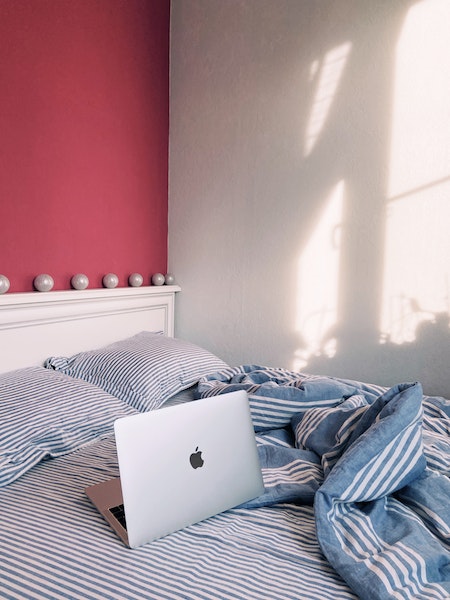
Getting dressed tells the brain you’re actively engaging with the world. In some ways we’re being forced to disengage and we don’t want to disengage any further.
Mr Alan Dovey, Consultant Psychotherapist

Eat as healthily as you can
It’s tempting to snack a lot when we’re feeling anxious and uncertain. Lack of routine will also affect our eating habits. Ms Claire Fudge, dietitian and sports nutritionist, encourages us not to graze all day because this will result in peaks and troughs in our blood sugar levels. Claire advises eating slow release carbs such as porridge, muesli, basmati rice, quinoa and sweet potatoes. She also advises that when cooked and cooled, white potatoes release their sugar more slowly.
For meal ideas, Claire recommends starting with a herb or spice you’ve used once before and haven’t used again. For example, starting with sumac, adding chickpeas and making a middle eastern meal out of it.
Many of us will find a packet of lentils that we’ve never used at the back of our cupboards. Split lentils can be used in soups, dhal or as a meat replacement in chilli, lasagne or curry. We can use the ends of packets of things like couscous and random grains like bulger wheat and quinoa to make a really lovely tabbouleh sort of salad. Add things like tomatoes, cucumber and parsley if you have them. If you have frozen chicken or salmon you can add that too. Or a tin of tuna.
Claire Fudge, Dietitian & Sports Nutritionist
Spend time in your garden
If you’re lucky enough to have a garden, try and get out in it each day. We are being blessed with temperatures of 13 degrees! And whilst we’re unable to soak up the sun with friends and extended family, we can tend to our own gardens and even plant vegetables. Some GP’s are beginning to prescribe gardening to patients suffering with anxiety and depression, as studies show being closer to nature can help to improve mental health. It seems we find value in having something to care for, especially if we feel a lack of purpose. Johan Harri, writer and journalist, delves deeper into the benefits of gardening to our mental health in his book, ‘Lost Connections: Why You’re Depressed and How to Find Hope‘.

We may not necessarily see an increase in mental health problems or referrals during this time. During a perceived threat (COVID-19) the body builds its defences ready to cope. It is when that threat is removed that we start to see the biological symptoms of loss. This can manifest itself in symptoms akin to burn out (depression) and subcategories including social anxiety, obsessional thoughts and substance misuse.
Alan Dovey, Consultant Psychotherapist
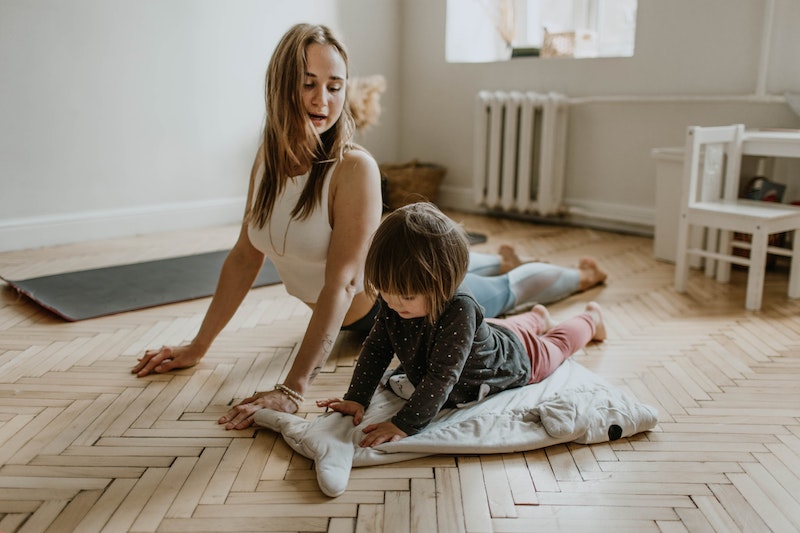
Get enough exercise
Free work out videos and tips are plentiful online. If you have a gym membership and haven’t cancelled or frozen it, many gyms are still providing daily workouts via their apps. If you don’t have a gym membership, you can still access a lot of this stuff for free via their social media channels. Many of these workouts can be done inside your home or garden. If you’ve got children (or even if you don’t!) you’ve probably heard of Joe Wicks – fitness coach, TV presenter and author – live streaming PE lessons for children via his YouTube channel at 9am each day. There’s no reason we adults can’t join in too.
Claire Fudge, Dietitian & Sports Nutritionist
I think we’re going to see people that don’t usually keep fit exercising a lot more. Same with cooking, baking and gardening. I hope as a nation something positive can come from this.
Learn something new
Research has found that creative outlets like painting, learning an instrument, writing, and learning a language can improve cognitive function.
And remember, you don’t always have to be good at something to give it a go! When we try to hone something as a skill it can take the enjoyment out of it. Award winning author and journalist, Yomi Adegoke, puts it perfectly.
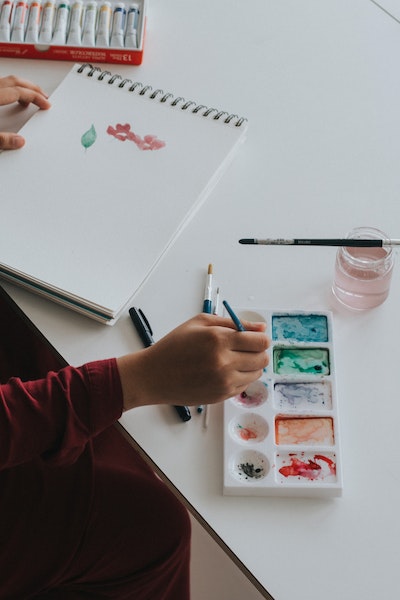
We were all footballers and singers until the ‘mediocre’ were eventually siphoned off and only the ‘talented’ were left doing things many of us enjoyed. By the end of it, it’s often only ‘professionals’ left.
Yomi Adegoke
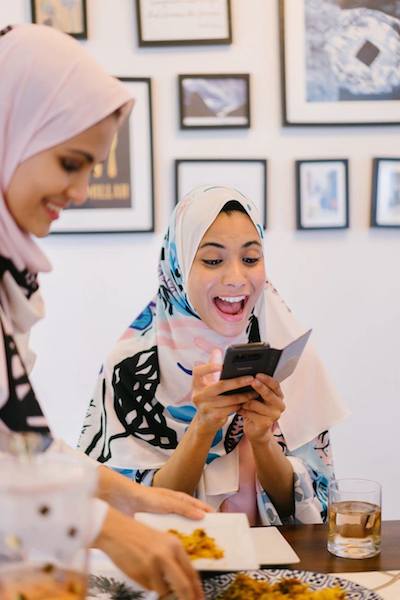
Stay in touch with friends and family
We’re a generation that have made it pretty impossible to detach ourselves from tech – and now is the time to use this access for good! With smartphones, Ipads and apps such as Facetime, Skype, Houseparty and Zoom, there are plenty of ways to stay connected in isolation. Alan advises that some people need more social contact than others. He also encourages us to pick up the phone to our loved ones rather than texting.
Hearing voices and seeing faces are better ways to socialise than reading a series of letters on a screen.
Alan Dovey, Consultant Psychotherapist
Switch off from the news and social media
Try not to spend all of your time obsessing over coronavirus-related news and social media. Maybe limit it to a couple of times a day (but avoid looking just before bed). There are a lot of things going on around us that we can’t control right now. What we can control is how we react to it.
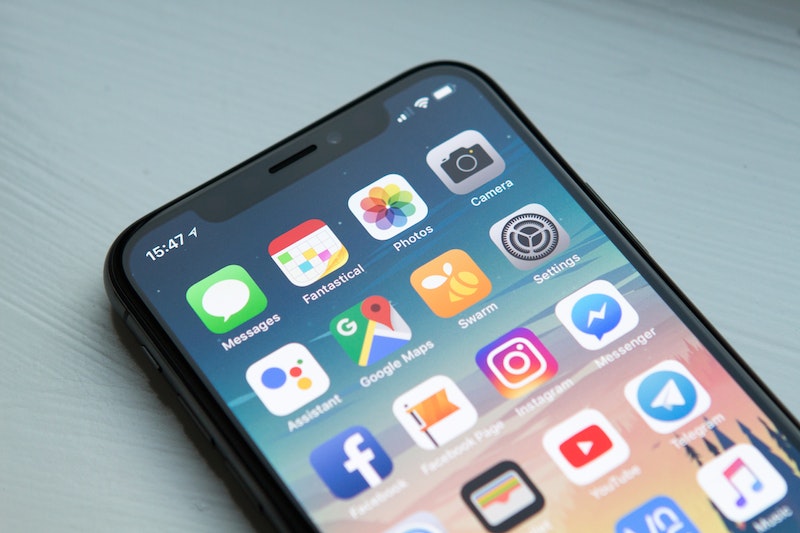
That said, don’t feel pressure if you see productivity and creation all over Instagram. Showering and making yourself something to eat is sometimes enough for one day. Whatever you choose to do, unless absolutely necessary please just stay at home.
Featured image by visuals on Unsplash
If you would like to book a telephone or video consultation with Alan or Claire you can do so by visiting their Medstars’ profiles below.
Medstars Medical Concierge Service
Looking for extra guidance when it comes to your healthcare? Sometimes interpreting medical information and making the best decisions can be daunting and complicated. Our private medical concierge service provides easy access to top UK health experts. We guide our patients with genuine choice and trust, offering a bespoke service for anyone in the world seeking private UK healthcare. Learn more about Medstars Medical Concierge Service. Want to learn more about providing our medical concierge service as an employee benefit? Learn more about Medstars Medical Concierge for Business.

